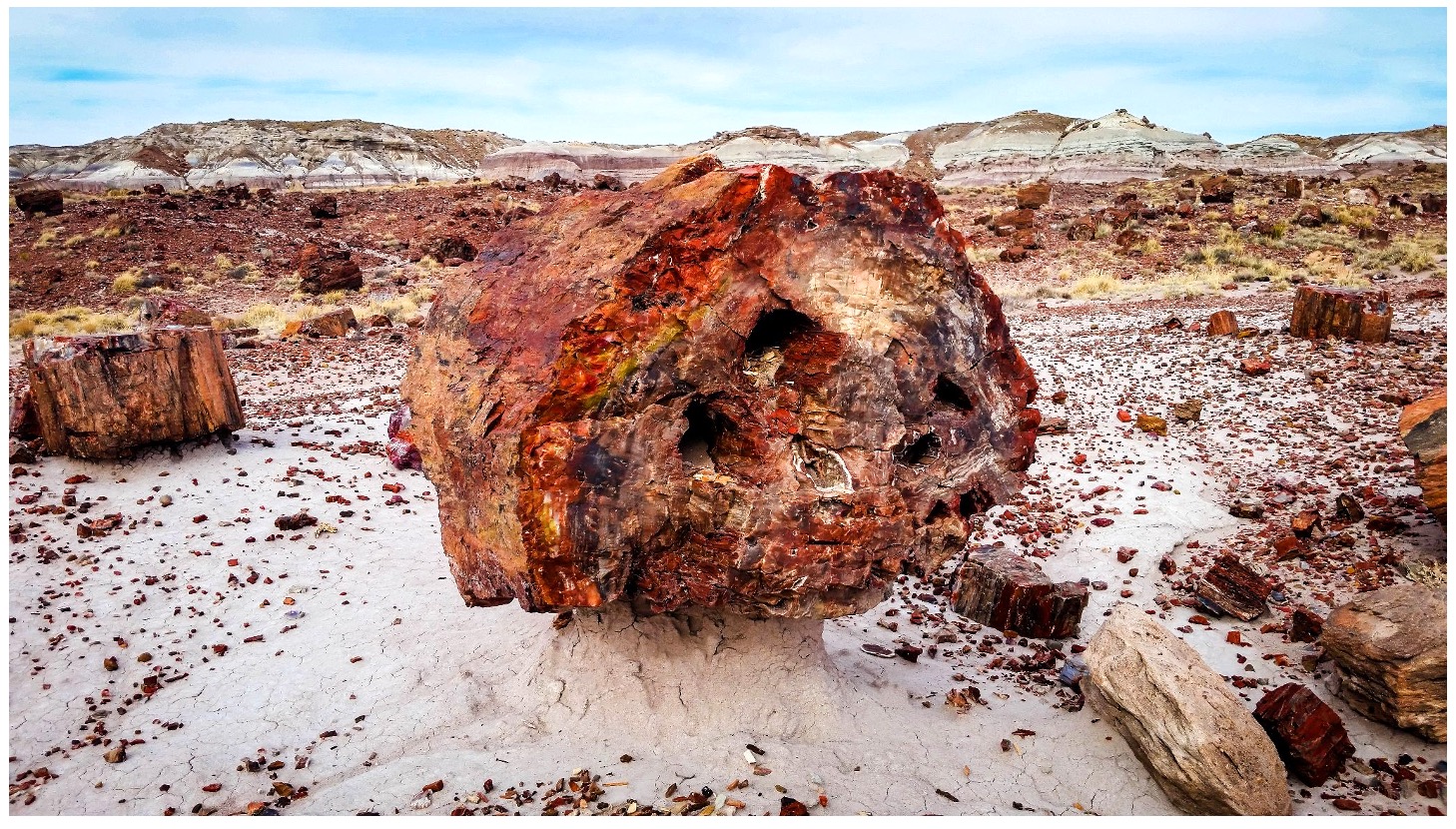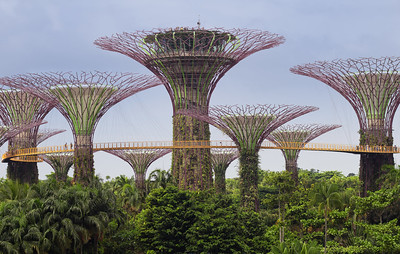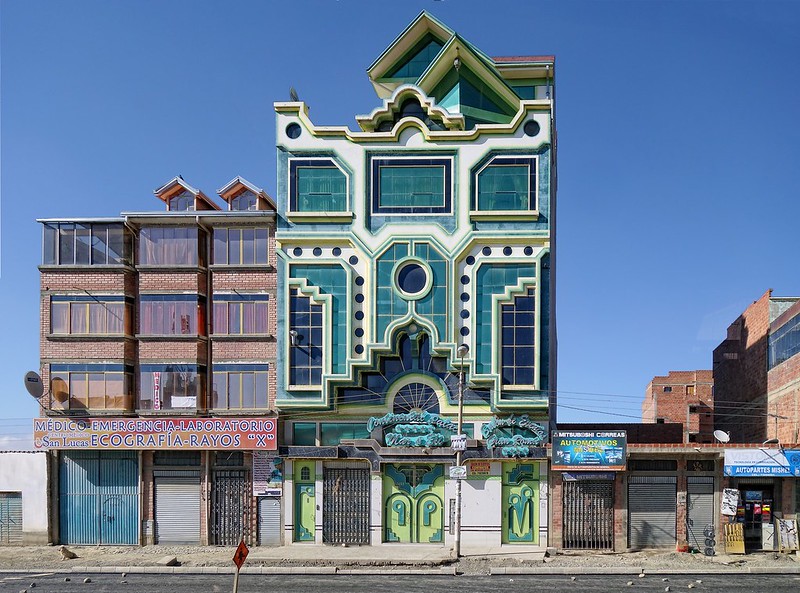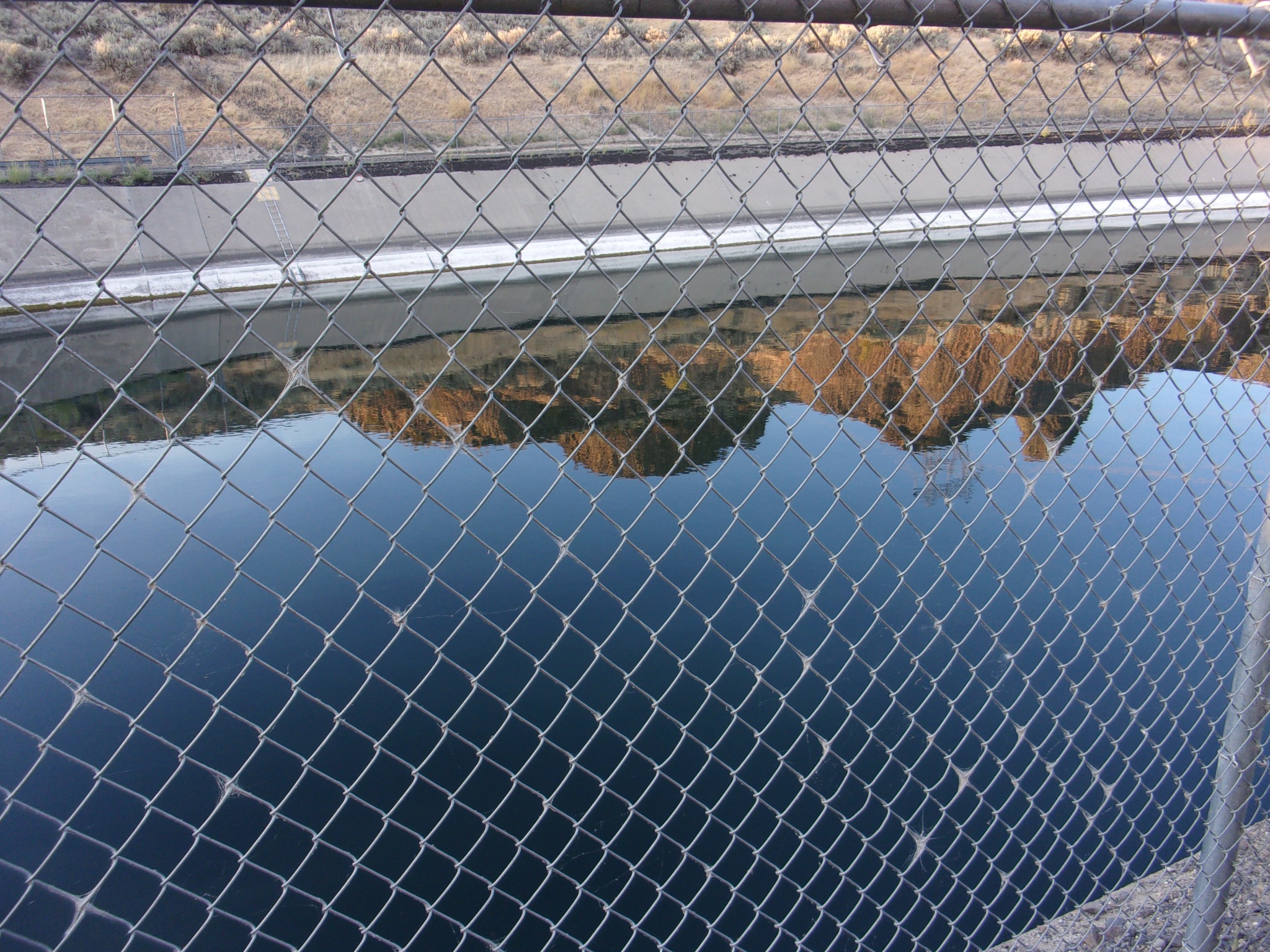About us
We are an interdisciplinary and cross-divisional group of faculty and graduate students working across the Humanities and Social Sciences at UC San Diego and interested in questions of space and politics. We are funded by the International Institute and meet each quarter to share research in progress, co-organize events, read together and bring guest speakers to campus.
Building on ongoing interdisciplinary discussions enabled by five consecutive years as International Institute Faculty and Graduate Working Groups - Cities, Space, and Politics Group (2018) and Nature Space, and Politics Group (2019, 2020, 2021, and 2022) - we convene around a shared interest in the spatiality and politics of ecological discourses, imaginaries and material interventions made in the name of nature in contemporary capitalist societies.
Below is a summary of our annual themes and trajectories. Sign up for our mailing list to keep updated and join our meetings.
2024-2025 - Nature, Space, and Politics VII
Continuing the call to forge alternative futures, our theme for the 2024-2025 academic year is “Climate Change, Displacement, Reparation.” Expanding on our previous years’ preoccupation with ecologies of border(ing) processes and refusals of their constitutive violences at the interfaces of air, land and water, this year we will attend to the complex configuration and terrain of “Climate Refugees” – human and more than human. Here we look to new articulations in Human Rights discourses around the right to a healthy environment and the Rights of Nature, on the one hand, and migration as decolonization, and asylum as reparation, on the other.
We are grateful to have received renewed support from the UCSD International Institute.
2023-2024 - Nature, Space, and Politics VI
Continuing the call to forge alternative futures, our theme for the 2023-2024 academic year is “Climate Change, Displacement, Reparation.” Expanding on our previous years’ preoccupation with ecologies of border(ing) processes and refusals of their constitutive violences at the interfaces of air, land and water, this year we will attend to the complex configuration and terrain of “Climate Refugees” – human and more than human. Here we look to new articulations in Human Rights discourses around the right to a healthy environment and the Rights of Nature, on the one hand, and migration as decolonization, and asylum as reparation, on the other.
We are grateful to have received renewed support from the UCSD International Institute.
2022-2023 - Nature, Space, and Politics V
 For the 2022-23 academic year we continue our thinking on the forging of alternative futures by expanding on last year’s theoretical, methodological, and political preoccupation with border(ing) processes, and the refusals of their constitutive violence. We maintain a strong critical ecological focus in the pursuit of climate justice and regenerative politics. To do so, we will pay attention to how specific atmospheric elements (water, air, earth, fire) are becoming sites of political contestation in place making practices in contexts of ecological crisis and environmental slow violence (drought, famine, floods, fires, toxic spills, pollution). We will draw on how these elements are being conceptualized by different scientific, legal, political, and activist knowledge and practices, and how these contested terrains are forcing us to rethink the very idea of the future in a world in crisis. In line with previous years, we aim to explore these intersections in three thematic clusters:
For the 2022-23 academic year we continue our thinking on the forging of alternative futures by expanding on last year’s theoretical, methodological, and political preoccupation with border(ing) processes, and the refusals of their constitutive violence. We maintain a strong critical ecological focus in the pursuit of climate justice and regenerative politics. To do so, we will pay attention to how specific atmospheric elements (water, air, earth, fire) are becoming sites of political contestation in place making practices in contexts of ecological crisis and environmental slow violence (drought, famine, floods, fires, toxic spills, pollution). We will draw on how these elements are being conceptualized by different scientific, legal, political, and activist knowledge and practices, and how these contested terrains are forcing us to rethink the very idea of the future in a world in crisis. In line with previous years, we aim to explore these intersections in three thematic clusters:- Elemental Theorizations
- Elemental Border(ings)/Elemental Cooptations
- Elemental Politics
2021-2022 - Nature, Space, and Politics IV
During 2021-22, we continue our thinking on the forging of alternative futures by engaging the epistemic violence of spatial abstractions (space and nature) and the formulation of feminist and decolonial strategies of thought and practice to processes of bordering. We propose to focus on political strategies of refusal and regeneration as we maintain a strong critical ecological focus and expand our shared interest in the situated attention to urban infrastructure development and place- making practices in geopolitical contexts shaped by borders (physical, symbolic and affective). In line with previous years, we aim to explore these intersections in three thematic clusters:
- Border(ings)
- Refusals
- Regenerations
2020-2021 - Nature, Space, and Politics III
 During 2020-2021, we are expanding our questioning of the formation of scientific techno-utopias and spaces of political experimentation about the future in the face of climate change and its uneven effects. In particular, we aim to explore the political functioning and capitalist logics that animate the construction of urban ecological infrastructures as eco-utopias: politically workable and environmentally efficient responses to the climate crisis. In line with previous years, we aim to explore these intersections in three thematic clusters:
During 2020-2021, we are expanding our questioning of the formation of scientific techno-utopias and spaces of political experimentation about the future in the face of climate change and its uneven effects. In particular, we aim to explore the political functioning and capitalist logics that animate the construction of urban ecological infrastructures as eco-utopias: politically workable and environmentally efficient responses to the climate crisis. In line with previous years, we aim to explore these intersections in three thematic clusters:
1. Dystopian presents and utopian futures as emancipatory politics;
2. Techno-scientific utopias, environmental racism and design;
3. Re-enchantments.
2019-2020 - Nature, Space, and Politics II
 During 2019-2020 we are gathering around the topic Nature, Space, and Politics II: Urban Ecologies, Infrastructures and Techno-Scientific Utopias. Expanding our interest in urban settings, this year we focus on:
During 2019-2020 we are gathering around the topic Nature, Space, and Politics II: Urban Ecologies, Infrastructures and Techno-Scientific Utopias. Expanding our interest in urban settings, this year we focus on:
- The intersections of ecological thinking with urbanism and the built environment through an ethnographic and historical lens;
- The ways in which popular struggles over land are translated in ecological questions in late capitalist societies;
- The formation of scientific techno-utopias and spaces of experimentation about the future in the face of climate change.
We are also working in conjunction with the Chancellors Interdisciplinary Collaborative Fellowship in a project entittled “Ritual, Art and Technology as Cultural Infrastructures of Creative Labor” at UC San Diego. This fellowship was awarded to Communication graduate students Dorothy Howard and Veronica Uribe del Águila, and Visual Arts student Matt Guzzo. The project has as co-PIs Prof. Ricardo Dominguez (Visual Arts), Prof. Charles Thorpe (Sociology), and Matilde Córdoba Azcárate (Communication). This research project seeks to analyze the current conditions of creative labor through the concept of cultural infrastructure and ritual geographies. Its sites of study include Maker Fairs and the Burning Man Festival.
2018-2019 - Nature, Space, and Politics I
 During 2018-2019 we convened around the topic Nature, Space and Politics. Building on discussions of the previous year, the group decided to focus more specifically on the political and spatial dimensions of the study of nature in late capitalist societies. We convened around a shared interest and preoccupation with the current internationalized ecological crises and the need to historicize and revise the generation of standardized knowledge tools about anthropogenic climate change pressures.
During 2018-2019 we convened around the topic Nature, Space and Politics. Building on discussions of the previous year, the group decided to focus more specifically on the political and spatial dimensions of the study of nature in late capitalist societies. We convened around a shared interest and preoccupation with the current internationalized ecological crises and the need to historicize and revise the generation of standardized knowledge tools about anthropogenic climate change pressures.
We built on shared interdisciplinary discussions around urban informality, urban governance, and urban political ecology in North American, Latin American, Asian and European contexts. In particular, we worked along three interrelated set of questions:
- Forms of knowledge production about nature;
- Situated infrastructure interventions in nature;
- Uses and abuses of imaginations and material transformations made in the name of nature - as they relate to the articulation of land and water for international conservation, preservation and recreation goals.
We coordinated a group of 5 faculty (from Communication, Anthropology, and History) and 6 graduate students (from Communication, Anthropology, and History) for regular meetings during 2019. In June 2019, we co-organized the conference “Diverse Ways of Knowing Nature” together with the International Institute Faculty Group on Indigenous Resource Governance. During this year, we also sponsored a guest lecture by Prof. Tom Rogers, Department of History, Emory College of Arts and Sciences (March 14th).
2017-2018 - Cities, Space, and Politics
 During 2017-2018 we gathered around the topic Cities, Space, and Politics. The group was initially formed to complement the winning UC San Diego International Institute Sawyer Seminar Proposal "Claiming the City: Urban Citizenship, Hybrid Cultures, and Governance in the Modern Era." The group brought attention to the political and spatial components of the study of cities.
During 2017-2018 we gathered around the topic Cities, Space, and Politics. The group was initially formed to complement the winning UC San Diego International Institute Sawyer Seminar Proposal "Claiming the City: Urban Citizenship, Hybrid Cultures, and Governance in the Modern Era." The group brought attention to the political and spatial components of the study of cities.
We built on the idea that the organization of urban space reflects, influences, and has the power to re- imagine contemporary uneven socio-cultural relations fostered by capitalism across the world. In the face of planetary urbanization and in the midst of socio-environmental crisis, we discussed how cities are key sites of political organization and mobilization. They are places where emergent communities are formed, where old hierarchies are contested, and where other forms of governance are materialized and imagined. Cities cannot be understood without attention to their geopolitical position in the international arena, but they are also sites where geopolitics can be played otherwise; sites that while evincing the largely uneven geographical logics of neoliberal politics can also host and craft spaces of difference.
The group gathered twice per quarter with 20 faculty and 6 graduate students from History, Visual Arts, Anthropology, Communication and Literature. During this academic year, we organized and coordinated six working sessions on:
- Urban Governance (Winter 2018)
- Urban informality (Fall 2017)
- Urban infrastructures (Spring 2018)
